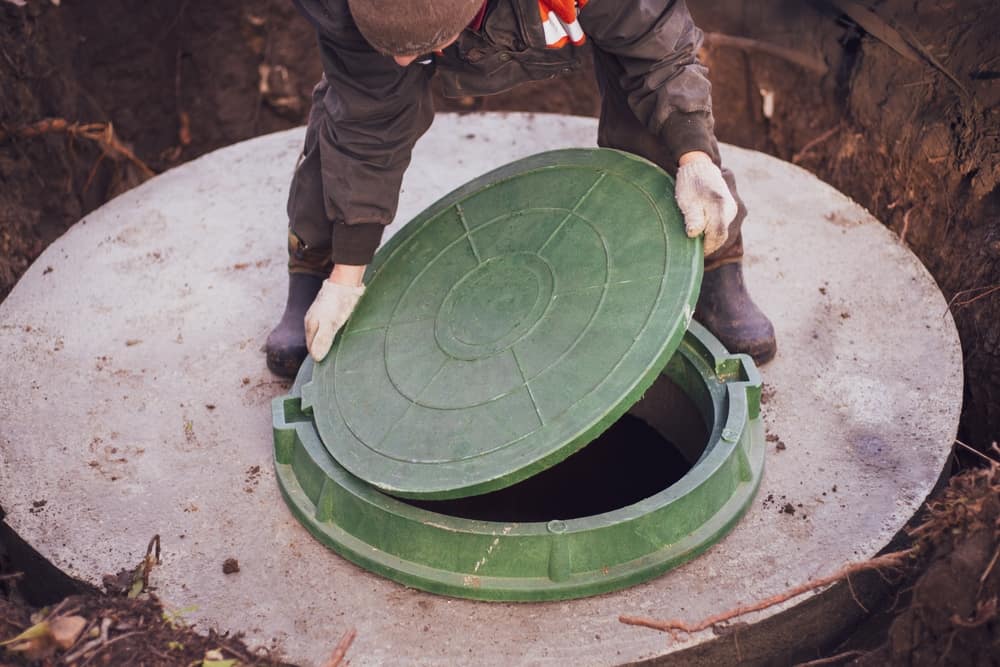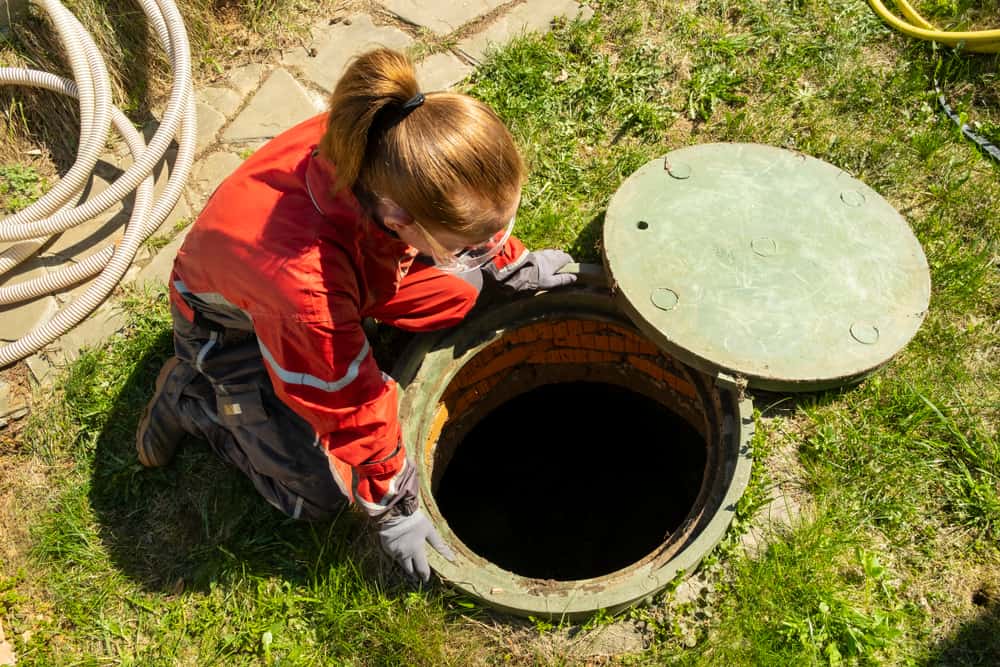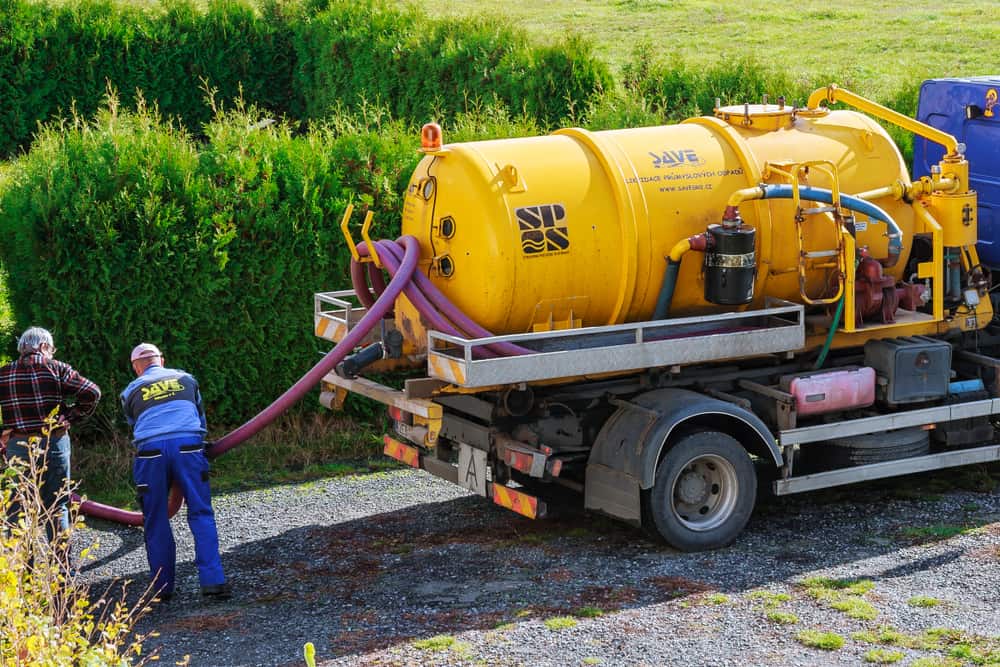What our clients say




Top-Rated Cesspool Service in Amityville, NY
Why Choose EZ Cesspool for Your Cesspool Needs?
When it comes to providing quality cesspool service, EZ Cesspool stands out as the premier provider in Amityville, NY. With a track record of impeccable service delivery, our team understands the unique cesspool needs of homes and businesses within Suffolk County. Our expertise in cesspool repair, maintenance, installation, and inspection ensures that you get the best solutions tailored to your specific requirements.
Utilizing the latest equipment and adhering to industry standards, we tackle even the most complex cesspool issues. At EZ Cesspool, we prioritize customer satisfaction, ensuring that every project is executed with the utmost precision and professionalism. Our seasoned technicians are trained to handle all types of cesspool challenges, from routine cleanups to emergency situations, that residents in Amityville, NY might encounter. With our years of hands-on experience serving the Suffolk County community, you can rest assured that your cesspool system is in the right hands.
For inquiries or to book an appointment, please call us at 516-676-1199.


Our Comprehensive Cesspool Services
Residents and business owners of Amityville, NY have entrusted EZ Cesspool with their cesspool service needs for years, making us a household name in Suffolk County. Here’s a brief overview of what we offer:
- Cesspool Repair: A malfunctioning cesspool can lead to severe health hazards and environmental issues. Our experts at EZ Cesspool diagnose the issue promptly and deliver efficient repair solutions, ensuring the longevity and functionality of your system.
- Cesspool Maintenance: Regular maintenance is crucial to prevent unforeseen cesspool breakdowns. Our maintenance package includes regular inspections, cleanings, and preventive measures, safeguarding the cesspool’s health.
- Cesspool Installation: Whether you’re building a new property or looking to replace an old system, our team at EZ Cesspool is equipped with the latest tools and methodologies to provide top-notch cesspool installation services in Suffolk County.
With our 24/7 customer service, we’re always available to address any cesspool-related concerns. For urgent requirements or regular service bookings, don’t hesitate to contact us at 516-676-1199.

Why Cesspools are Vital for Suffolk County
Cesspools play an integral role in managing wastewater, especially in regions like Suffolk County. Being an essential part of local sanitation and environmental health, it’s crucial for homeowners and businesses in Amityville, NY to ensure their cesspools are functioning optimally.
An efficiently functioning cesspool means a healthier living environment and reduced chances of groundwater contamination. And when it comes to the maintenance and servicing of these systems, it’s always recommended to go with the best. That’s where EZ Cesspool steps in.
Our commitment to offering top-rated cesspool service in Amityville, NY stems from our deep understanding of the importance of these systems in Suffolk County. And with EZ Cesspool, you’re not just getting a service provider; you’re partnering with a team that’s deeply invested in the wellbeing of the community.
Join hands with EZ Cesspool and let’s work together to ensure a cleaner, safer Suffolk County for all.
Contact Us
Amityville is a village near the Town of Babylon in Suffolk County, on the South Shore of Long Island, in New York. The population was 9,523 at the 2010 census.
Useful links for Amityville, NY
Call Us Today!!
EZ CESSPOOL
We’re Available 24/7 For Emergencies – Ranked #1 Best Service – Residential & Commercial Cesspool Inspections
